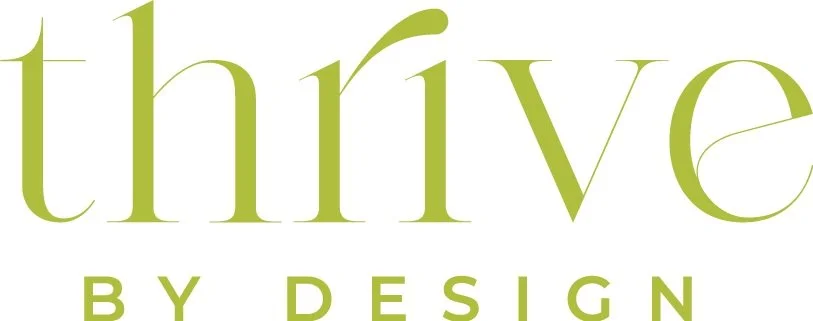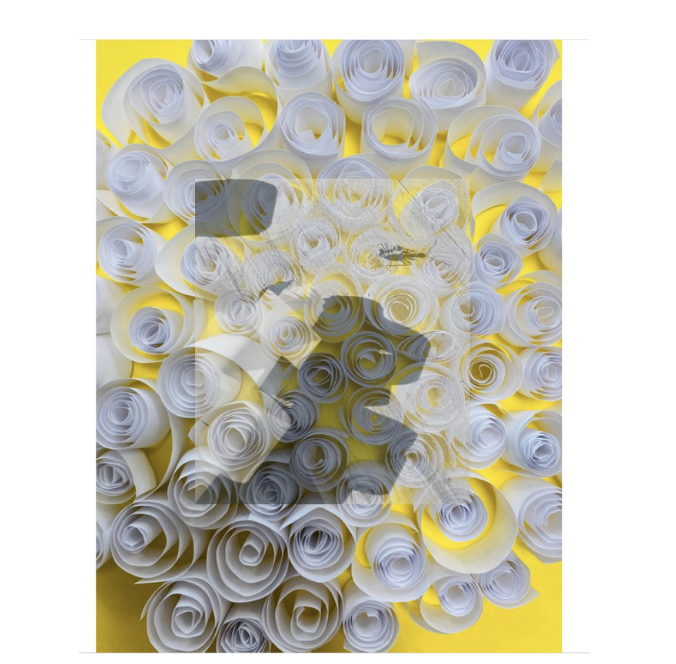Professional Development for Teachers and Staff
Empowering Educators Through Art Therapy and Addiction Support
As an art therapist and addiction specialist, I offer a unique blend of expertise that supports educators and school staff in developing emotional resilience, managing stress, and fostering a positive and supportive environment for students. Professional development for teachers isn’t just about instructional strategies—it’s about caring for the emotional well-being of those who shape our students' futures.
Through my Teacher Professional Development Workshops, I integrate art therapy techniques and addiction awareness to provide hands-on tools that empower educators to thrive both personally and professionally. These workshops are designed to:
Support Emotional Resilience
Teaching can be emotionally demanding, and burnout is a real concern. Art therapy offers a creative outlet to release stress and build emotional resilience. By engaging in therapeutic art practices, educators can develop healthier ways of coping with the pressures they face.Provide Addiction Awareness and Support
With my experience as an addiction specialist, I offer valuable insights into how addiction impacts both teachers and students. Understanding the signs of addiction, how to support others, and how to address these challenges within the school setting is essential for creating a supportive and empathetic school culture.Foster Positive Team Dynamics
Through Staff Team Building & Therapeutic Art Workshops, I help staff members strengthen relationships, improve communication, and build trust through creative expression. These workshops promote collaboration and a sense of shared purpose, making it easier for staff to support one another and work together toward a common goal.Equip Teachers with Practical Tools
I provide educators with simple, effective art exercises they can use in their classrooms to help students manage emotions, build self-awareness, and express themselves in healthy ways. These tools also help students process challenges and build emotional intelligence, benefiting their overall mental health and academic success.
By incorporating art therapy and addiction support into professional development, schools can create a healthier, more supportive environment for both staff and students. Together, we can build a community where educators feel empowered to do their best work, and students thrive in a compassionate, emotionally aware setting.
In Art Education Beyond the Classroom Pondering the Outsider and Other Sites of Learning, author Alice Wexler explores how art education can be a transformative force—particularly for individuals with disabilities—by providing alternative ways to express themselves and engage in meaningful learning. While focused on education, Wexler’s insights closely parallel the principles of art therapy, highlighting creative expression as a powerful tool for personal growth, communication, and inclusion beyond the traditional classroom.






